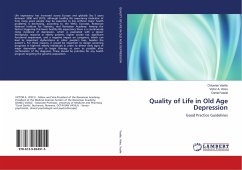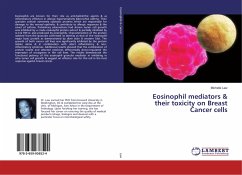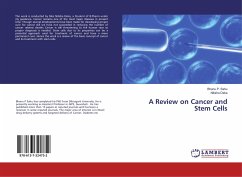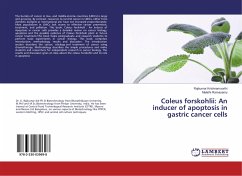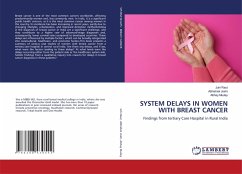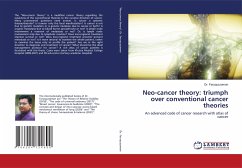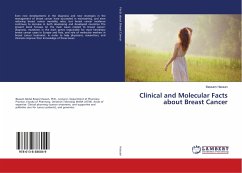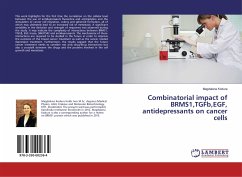
Combinatorial impact of BRMS1,TGFb,EGF, antidepressants on cancer cells
Versandkostenfrei!
Versandfertig in 6-10 Tagen
24,99 €
inkl. MwSt.

PAYBACK Punkte
12 °P sammeln!
This work highlights for the first time the correlation on the cellular level between the use of antidepressants fluoxetine and amitriptyline and the stimulation of cancer cell migration, colony and spheroid formation, all of which may ultimately lead to an increased risk of metastasis. A significant variability in the direction and strength of responses was observed during the study. It may indicate the complexity of interactions between BRMS1, TGF-beta, EGF, Iressa, SB431542 and antidepressants. The mechanisms of those interactions are required to be studied in the future in order to improve...
This work highlights for the first time the correlation on the cellular level between the use of antidepressants fluoxetine and amitriptyline and the stimulation of cancer cell migration, colony and spheroid formation, all of which may ultimately lead to an increased risk of metastasis. A significant variability in the direction and strength of responses was observed during the study. It may indicate the complexity of interactions between BRMS1, TGF-beta, EGF, Iressa, SB431542 and antidepressants. The mechanisms of those interactions are required to be studied in the future in order to improve the outcome of the breast cancer treatment as well as the cancer related depression treatment. Furthermore, the results suggest that the future cancer treatment needs to consider not only drug-drug interactions but also a crosstalk between the drugs and the proteins involved in the cell growth and metastasis.



